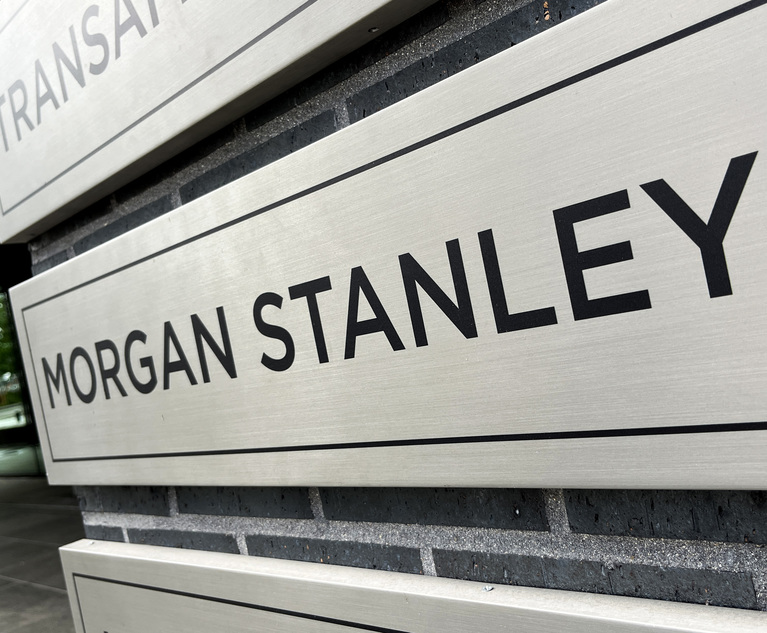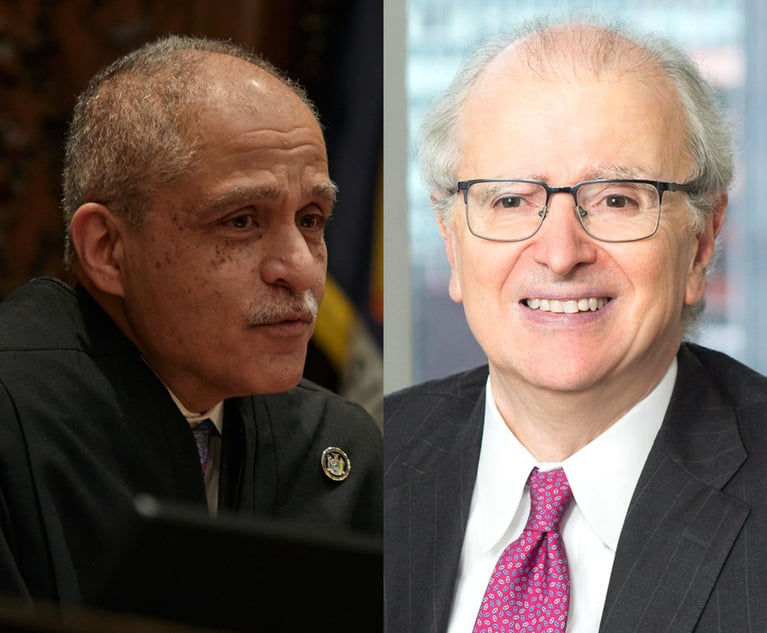Liberal discovery is a cornerstone of our modern federal court system and is critical to the proper adjudication of cases on their merits. But liberal discovery, particularly in the electronic discovery era, can quickly become prohibitively expensive to all but the largest players, causing one or both parties to question whether the litigation is worth the cost. In the federal courts, unlike the New York state courts, the tension between litigation on the merits and skyrocketing litigation costs is exacerbated by the absence of an automatic discovery stay while a dispositive motion to dismiss is pending. To combat this issue, we propose amending the Federal Rules of Civil Procedure to comport with the position taken by many state courts, including New York, and the federal Private Securities Litigation Reform Act (PSLRA), and stay all discovery upon the filing of a dispositive motion to dismiss a complaint.
The Current System
Currently, only one rule in the FRCP addresses the timing of discovery. Under Rule 26(d)(1), neither party may “seek discovery from any source before the parties have conferred as required by Rule 26(f)[.]” Once this initial conference is held, parties are free to seek discovery from their adversaries and any other third party, while racking up hundreds of thousands of dollars in attorney fees and vendor costs in the process. With large corporations and small businesses alike becoming more reliant on technology, the increased demand for e-discovery has raised these costs exponentially.







